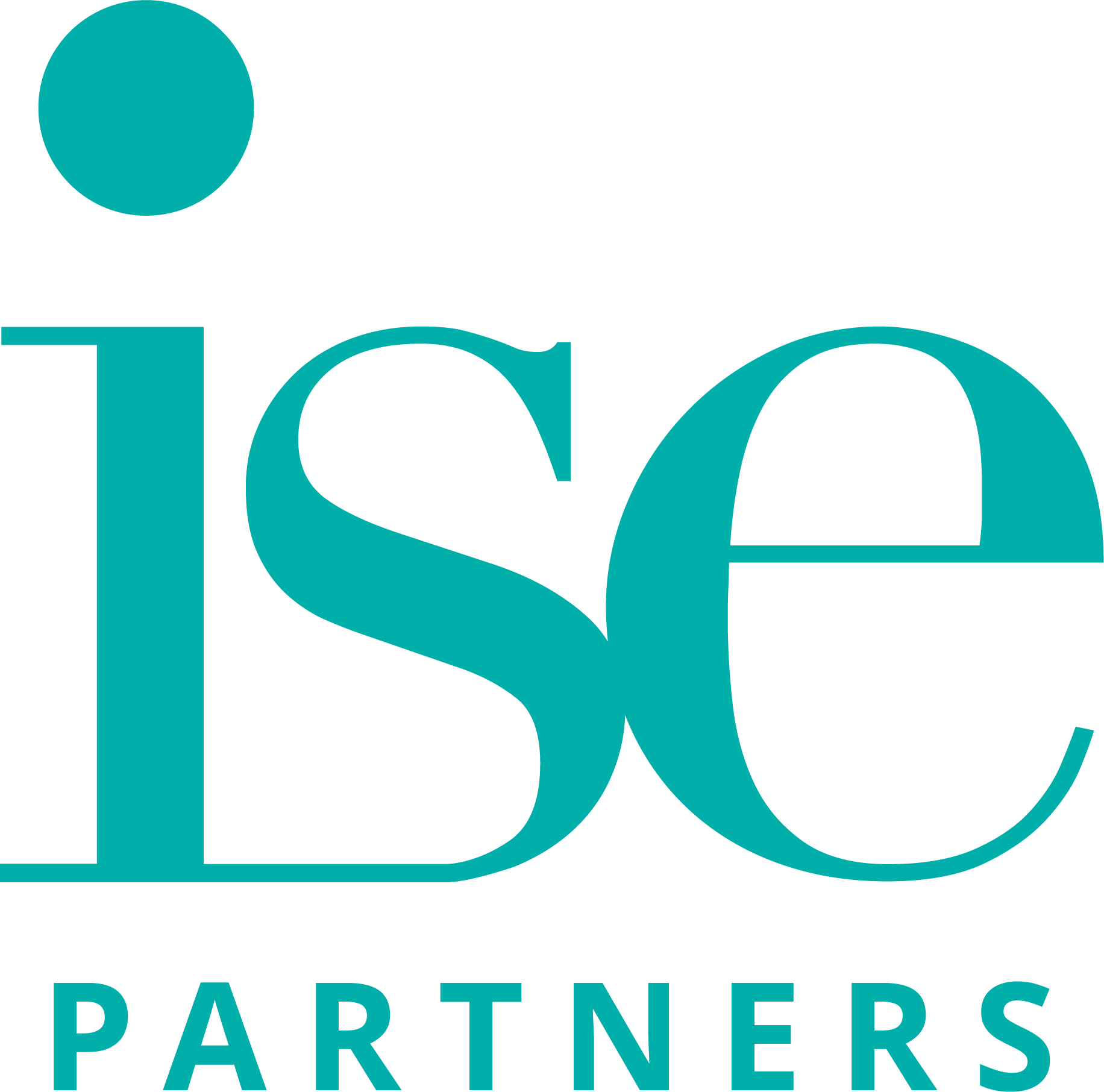A Personal Assistant (PA) salary can vary significantly depending on factors such as location, experience, industry, and job seniority. With the potential for high earnings and attractive benefits, a PA career can be financially rewarding. In this blog, we break down the average PA salary, the factors that influence earnings, and the benefits many employers offer.
Average Personal Assistant Salary
At ISE Partners, we specialise in PA recruitment in London, particularly within the investment sector. Our annual salary survey of over 600 professionals reveals the following average salaries:
Investment Sector PA Salaries
Role |
Average Salary |
| Private PA | £80,000 |
| Senior PA | £50,000 |
| Junior PA | £40,000 |
Highest Salaries for Personal Assistants
Private PAs are among the highest earners in the administrative field. Salaries typically range from £60,000 to £100,000, with some roles exceeding £100,000. These positions usually involve supporting high-level executives such as CEOs and Board Members, requiring exceptional skills and 24/7 availability.
Responsibilities may include:
- Managing complex schedules and travel arrangements
- Handling confidential projects
- Acting as a gatekeeper and trusted advisor

Factors Affecting a PA Salary
Several elements influence a Personal Assistant's salary. Understanding these factors can help you gauge your earning potential and negotiate better compensation.
1. Industry
The industry a PA works in significantly impacts salary levels. High-paying sectors include:
- Private Equity
- Hedge Funds
- Asset Management
These industries demand advanced skills in confidentiality, multitasking, and executive support, resulting in higher pay.
2. Location
Geographic location plays a major role in PA salaries. For example:
- London: PA salaries typically start at around £40,000 and increase for those with more experience and seniority
- Birmingham/Manchester: Salaries typically range from £30,000 to £40,000
This reflects cost-of-living differences and the concentration of high-paying industries in larger cities.
3. Company Size and Reputation
Large corporations typically offer structured salary bands and comprehensive benefits, while smaller firms may provide higher initial salaries to attract top talent. Both approaches offer unique advantages:
- Large Firms: Consistent pay structures, long-term benefits (e.g., higher pension contributions)
- Small Firms: Competitive salaries, increased flexibility
4. Additional Skills
Specialised skills can enhance earning potential. For example:
- Language Proficiency: Fluency in French, German, or other key languages is highly valued by global organisations
- Technical Expertise: Advanced knowledge of office software or project management tools can command higher pay

Benefits and Perks for Personal Assistants
Beyond the base salary, many employers offer attractive benefits to retain top talent. In industries like finance, performance-related bonuses and profit-sharing plans are common.
Typical Benefits
- Health and dental insurance
- Pension contributions (exceeding 5%)
- Life insurance
- Gym memberships
- Free meals
Non-Monetary Perks
Employers also provide non-financial benefits to support work-life balance and professional development. These may include:
- Wellness Allowances
Gym memberships, fitness classes, or mental health programs
- Employee Assistance Programs (EAPs)
Access to counselling and mental health resources
- Training & Development
Opportunities for upskilling and career advancement

Salary Comparisons: Personal Assistants vs Executive Assistants
While both PAs and Executive Assistants (EAs) offer essential support, EAs generally have greater strategic responsibilities. This distinction is reflected in salary differences:
- PAs in Finance/Professional Services: £40,000+
- EAs Supporting Senior Executives: £50,000+
Experienced EAs working in high-pressure environments can earn significantly more.
For a deeper comparison, check out our guide: Executive Assistant vs. Personal Assistant: Key Differences.
Conclusion
Personal Assistant salaries vary based on industry, location, and specialised skills. Senior PAs, particularly in high-demand sectors, can earn impressive salaries supplemented by comprehensive benefits packages.
If you’re seeking advice on compensation packages for your support staff, contact ISE Partners today for a confidential discussion.
Alternatively, if you’re searching for a new PA role, explore our live opportunities here.
Looking for a Trusted PA Recruitment Partner?
At ISE Partners, we specialise in connecting top-tier Personal Assistants with exceptional businesses.



